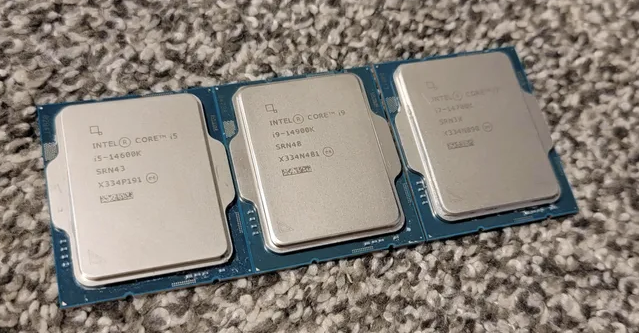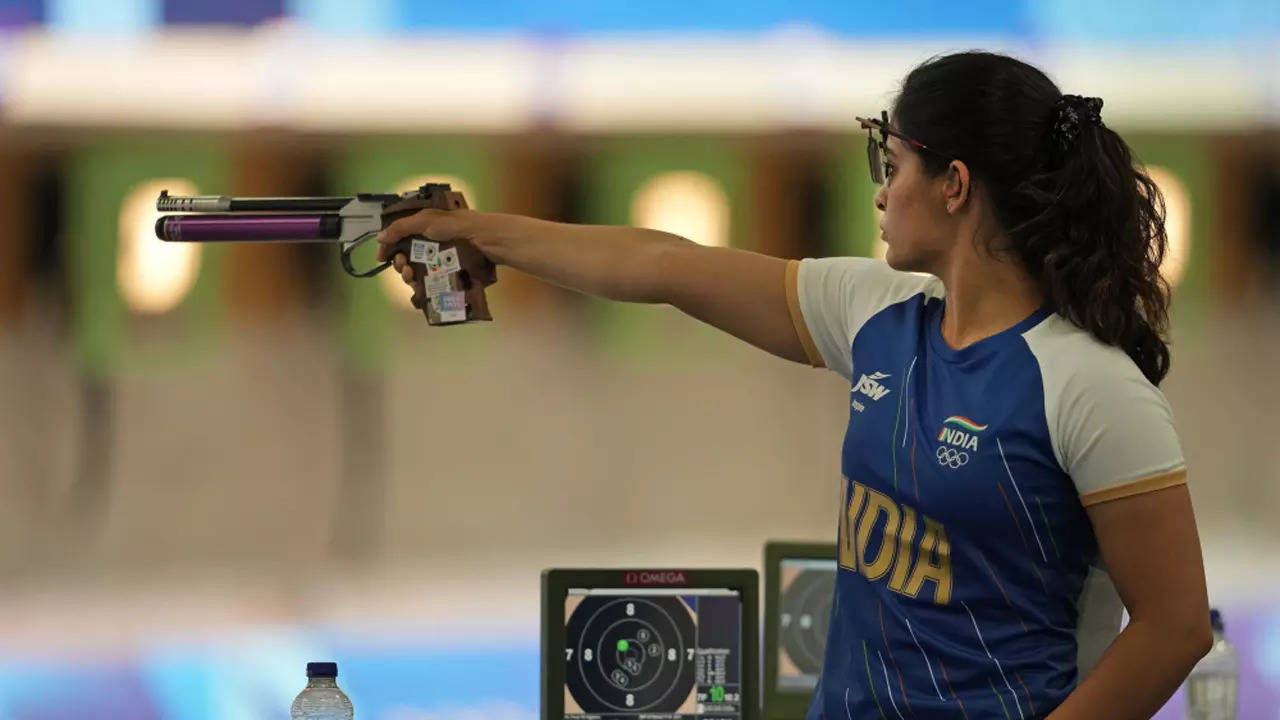The refresh of Intel’s Raptor Lake processors family is expected to increase the core count of high-end and performance mainstream CPUs, but the flagship products will gain frequency while retaining the same core count. If benchmark results of Intel’s Core i9-14900K compared to Core i9-13900K shared by @wxnod are accurate, their performance in multi-threaded workloads will also increase quite noticeably. As with all performance leaks, take this with a bit of salt.
Someone with access to Intel’s upcoming hardware allegedly managed to test a sample of the company’s next-gen flagship Core i9-14900K CPU (8P+16E, up to 6.0 GHz) against the company’s Core i9-13900K (8P+16E, up to 5.80 GHz) and Core i9-13900KS (8P+16E, up to 6.0 GHz) using CPU-Z built-in benchmark to get a very basic understanding about the performance of these processors in single-threaded and multi-threaded workloads.
Performance of Intel’s Core i9 in CPU-Z Built-In Benchmark
| Row 0 – Cell 0 | Single Thread | Multi Thread |
| Core i9-14900K | 978 | 18,118.5 |
| Core i9-13900KS | 945.5 | 17,197 |
| Core i9-13900K | 978 | 17,167.5 |
Not only does the assumed Core i9-14900K outperform its direct predecessor by almost 10% in single-threaded workloads given its higher default frequency, but it also beats Core i9-13900KS, which formally has the same 6.0 GHz maximum boost clock, by 3.5%. As it turns out, the new CPU can run at its maximum frequency for longer, thus outperforming its ancestor.
What is noteworthy is that the Core i9-14900K can also beat its predecessor by 8.5% in multi-threaded workloads. For now, we do not know the maximum all-core clocks of Intel’s next-generation range-topping desktop CPU, but it looks like the upcoming processor will either boost them to higher levels or will work at existing levels for longer periods than predecessors, which would explain this noticeable performance gain.
While the performance gains of the alleged Core i9-14900K processor look promising, keep in mind that we are dealing with a synthetic benchmark and an engineering sample of the CPU with unknown specifications. It remains to be seen what retail versions of Intel’s Core i9-14900K will provide.
Intel is expected to start shipments of its 14th Generation Core processors for desktops this fall.








